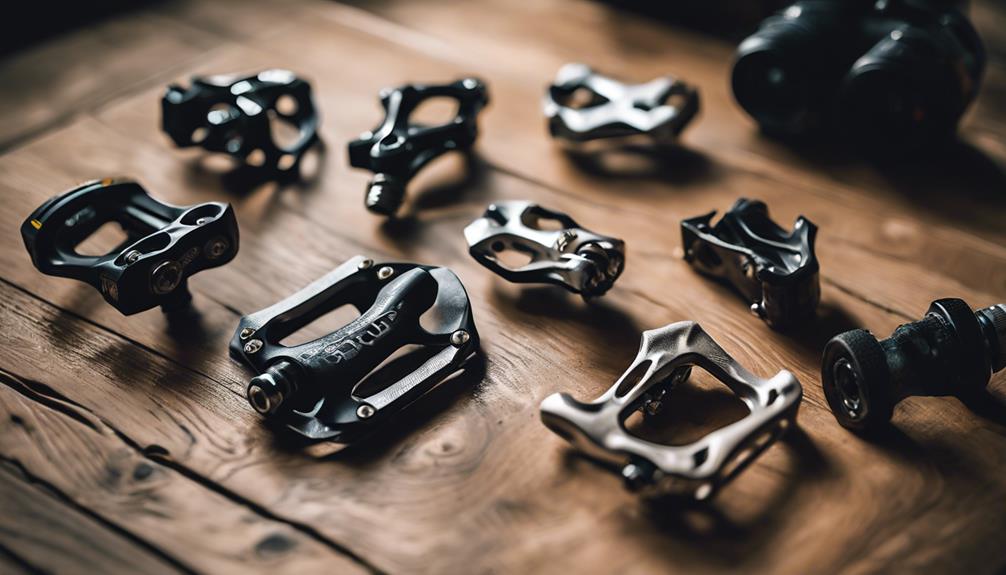As cycling becomes an increasingly popular mode of transportation and recreation, bike shops have evolved into essential hubs for enthusiasts of all levels. From offering high-quality bicycles and accessories to providing maintenance services and fostering community engagement, bike shops play a critical role in promoting a healthy lifestyle and environmentally friendly transportation. This article explores the multifaceted nature of bike shops, their significance in the cycling community, and how they adapt to the evolving demands of cyclists.
The Evolution of Bike Shops
Bike shops have a rich history that mirrors the development of cycling itself. The first bicycle shop opened in the late 19th century, coinciding with the advent of the safety bicycle, which made cycling accessible to the general public. Over the decades, bike shops have transformed significantly:
- Early Shops: Initially focused on sales and repairs of basic bicycles.
- Specialty Shops: In the mid-20th century, shops began to specialize in road bikes, mountain bikes, and other categories, catering to specific cycling needs.
- Community Centers: Today, many bike shops function as community hubs, offering classes, group rides, and events to engage local cyclists.
The Role of Bike Shops in the Community
Bike shops serve as more than just retail outlets. They are integral to fostering a sense of community among cyclists. Here are some ways bike shops contribute:
- Education and Workshops: Many bike shops offer classes on bike maintenance, safety, and cycling techniques, empowering cyclists with knowledge and skills.
- Group Rides: Organizing group rides helps create a sense of camaraderie and allows cyclists to explore local trails and roads together.
- Advocacy: Bike shops often advocate for cycling infrastructure improvements, collaborating with local governments to promote safer cycling conditions.
Products and Services Offered
Bike shops offer a diverse range of products and services designed to meet the needs of cyclists. Here’s an overview:
Bicycles
The primary product offered by bike shops is, of course, bicycles. This includes:
- Road Bikes: Designed for speed and efficiency on paved roads.
- Mountain Bikes: Built for rugged terrain and off-road cycling.
- Hybrid Bikes: A versatile option suitable for both city commuting and light off-roading.
- Electric Bikes: Gaining popularity, these bikes provide assistance for a smoother ride.
Accessories and Gear
Beyond bicycles, bike shops stock a wide variety of accessories:
- Helmets: Safety is paramount, and many shops carry a range of certified helmets.
- Clothing: Cycling apparel designed for comfort and performance.
- Tools and Maintenance Supplies: Everything from pumps to multi-tools for at-home bike maintenance.
- Safety Lights and Locks: Essential for nighttime riding and securing bikes.
Repair and Maintenance Services
Regular maintenance is crucial for bike longevity and performance. Bike shops typically offer:
- Tune-Ups: Comprehensive checks that include brake adjustments, gear tuning, and tire inflation.
- Flat Tire Repair: Quick fixes to get cyclists back on the road.
- Custom Builds: For enthusiasts wanting a personalized bike, bike shops can assemble custom builds based on individual preferences.
The Impact of Technology on Bike Shops
The landscape of bike shops is changing with advancements in technology. Here are a few notable trends:
- Online Sales: Many bike shops have adopted e-commerce platforms to reach a broader audience and provide convenience.
- Bike Fitting Technology: Advanced fitting systems help ensure that cyclists have the right size and type of bike for optimal performance.
- Mobile Apps: Some shops offer apps for scheduling repairs, tracking maintenance schedules, and even logging rides.
Case Studies of Successful Bike Shops
To illustrate the success and community impact of bike shops, let’s look at a couple of notable examples:
1. The Bike Shop – Calgary, Canada
The Bike Shop in Calgary has thrived by focusing on both retail and community engagement. They offer regular workshops and host charity rides that support local causes. Their commitment to sustainability is evident in their promotion of electric bikes and recycling programs for old bikes and parts.
2. REI Co-op – Various Locations in the U.S.
REI Co-op has expanded its bike shop offerings, integrating a wider range of outdoor activities into its stores. They offer free classes and events, including bike maintenance workshops and group rides. Their community-centric approach has helped them foster a loyal customer base, and their rentals make cycling accessible to newcomers.
The Future of Bike Shops
As cycling continues to grow in popularity, bike shops need to adapt to the changing landscape. Some trends that may shape the future include:
- Increased Focus on Sustainability: Shops may emphasize eco-friendly products and practices, such as using sustainable materials and promoting bike-sharing programs.
- Diverse Offerings: Expanding into related outdoor activities like mountain biking, hiking, and even fitness classes can attract a wider customer base.
- Enhanced Customer Experience: Investing in customer service training and creating inviting shop environments will be crucial as competition increases.
Conclusion
Bike shops are more than just places to purchase bicycles; they are vital community hubs that promote cycling culture, education, and advocacy. By offering a range of products and services, engaging with the local community, and embracing technological advancements, bike shops can continue to thrive in an evolving market. As cycling remains a popular choice for transportation and recreation, the role of bike shops will only grow in significance, ensuring that they remain an essential part of the cycling experience for years to come.
